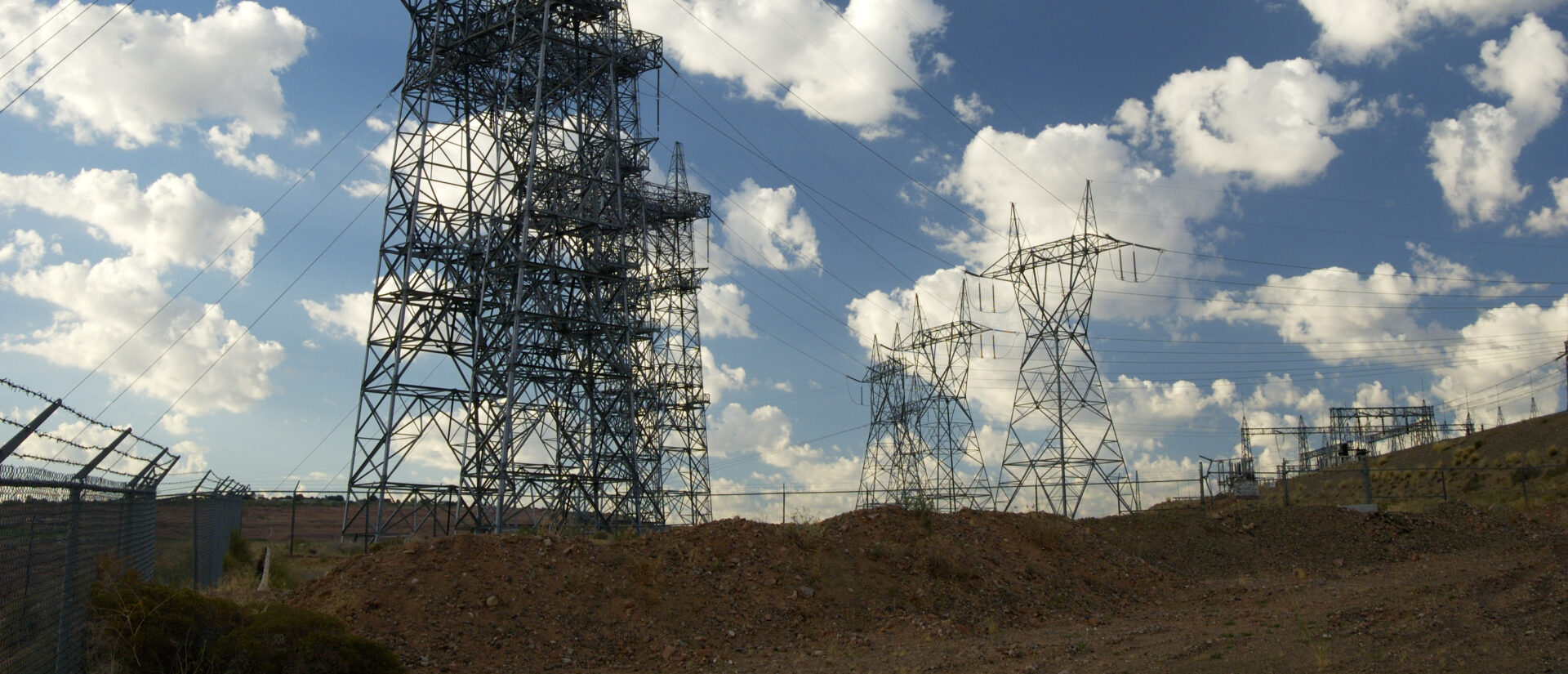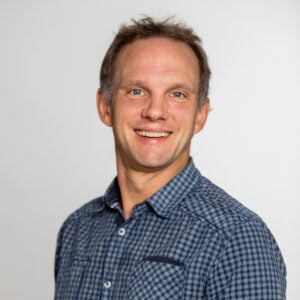
A framework for sustainable electricity provision worldwide
‘QUALITY KILOWATTS?’, SOMO researcher Joseph Wilde-Ramsing’s doctoral dissertation, focuses on how to improve the quality and contribution to sustainable development of electricity provision in the Global South. As part of the analytical approach, Wilde-Ramsing developed a framework for sustainable electricity provision based on international norms and standards.
Employing a normative-empirical research method, Wilde-Ramsing analysed and benchmarked the policies and practices of five multinational power companies against this framework. Following a public defense of the dissertation on 8 May 2013, Wilde-Ramsing was awarded the degree of Ph.D. by the University of Twente. What are the implications of this dissertation for the global electricity sector, and how is the dissertation linked with SOMO’s work?
Key issue
The issue of sustainable development in electricity provision has never been more relevant. Billions of people around the world live without access to basic electricity services, while the insatiable demand for fossil fuel-based power generation in industrialized nations and emerging economies contributes to a rapidly warming climate. Sustainable electricity provision (SEP) is set to be a key environmental and developmental issue of the 21st century.
Despite the urgency, no clearly and concisely-formulated standards for SEP currently existed prior to Wilde-Ramsing’s disseration. There was also relatively little empirical knowledge as to the degree to which transnational corporations (TNCs) – increasingly active in electricity provision in the Global South – rely on international norms in developing policies related to SEP and implementing those policies in host countries. Given the variable impact TNCs have had on sustainable development, Wilde-Ramsing’s dissertation sought to investigate how such variation comes into play for the electricity sector.
A path toward sustainable electricity
The dissertation QUALITY KILOWATTS?(opens in new window) (for summary and conclusions see page 312-337) explores how individual TNCs conceptualize, operationalize, and implement norms for SEP – in other words, whether and how “quality kilowatts” are being conceived and implemented. Through systematic normative-empirical analysis of the policies of five case study TNCs headquartered in different regions of the world – USA, Europe, Scandinavia, China, and South Africa – as well as these TNCs’ practice on the ground in six different host countries in Latin America, Africa, and Asia, Wilde-Ramsing documented a significant, globally-observable discrepancy between what is recommended through international normative standards and TNCs’ actual behavior on the ground in host-country contexts. This phenomenon highlights a major weakness of voluntary international standards addressing corporate responsibility for sustainable development.
By providing improved understanding of how electricity TNCs from around the globe take up and implement international normative standards for SEP – and by drawing lessons that can improve normative and regulatory frameworks at the local, regional, and international level – Wilde-Ramsing’s study aimed to improve the quality and contribution to sustainable development of electricity provision in the Global South.
Robust analytical framework
Wilde-Ramsing: “The dissertation gave me the chance to delve deep into this topic, at both a theoretical and substantive level. It allowed me the chance to build a robust analytical framework that can be used and built upon by other studies and projects conducted by SOMO and other organisations and universities. In addition, it strengthened the research on the electricity sector previously conducted by SOMO. The normative-empirical approach employed in this dissertation is a method SOMO already uses, but is something that could and should be made more explicit in all of our future research.”
A solid basis for an electricity sector code of conduct
The normative framework Wilde-Ramsing developed for the study is based on existing internationally-accepted standards and norms and thus provides a solid basis from which to develop a code of conduct for the electricity sector. “The sources I drew upon to develop the framework include authoritative international guidelines – such as the OECD Guidelines for Multinational Enterprises and the UN Guiding Principles on Business and Human Rights – which have been signed by governments and are accepted by a wide range of stakeholder groups. I also incorporated guidance developed by the global trade union Public Services International (PSI), the Dutch CSR Platform of civil society organisations (which is hosted by SOMO), and the World Business Council for Sustainable Development, and The use of these authoritative sources, and the rigor and transparency of the method used ensure the legitimacy of of the study’s findings and implications.”
Making connections
Joseph relied heavily on his SOMO experiences, knowledge and contacts throughout his doctoral studies. For example, two of the five case studies in the dissertation have already been used to produce SOMO reports [see below], and one more is on the way. Wilde-Ramsing believes that “This study has opened new doors for SOMO by broadening the scope of knowledge about systems of energy provision, building new contacts and potential partners, and reinforcing our research methodology . We have established a healthy connection between action-oriented research and a thorough and systematic academic framework, both of which are needed for the transition towards a global system of energy provision that is sustainable and equitable.“
Read more:
- Down to the Wire: The Impact of Transnational Corporations on Sustainable Electricity Provision in Developing Countries – Case studies in Argentina and Peru.
- SOMO report: Quality Kilowatts: A normative-empirical approach to the challenge of defining and providing sustainable electricity in developing countries
Do you need more information?
-

Joseph Wilde-Ramsing
Advocacy Director
Related news
-
 Civil society organisations push for transformative global investment rulesPosted in category:News
Civil society organisations push for transformative global investment rulesPosted in category:News Bart-Jaap VerbeekPublished on:
Bart-Jaap VerbeekPublished on: -
 The Counter: strengthening the fight for climate justice around the worldPosted in category:Long read
The Counter: strengthening the fight for climate justice around the worldPosted in category:Long read Luis ScungioPublished on:
Luis ScungioPublished on: -


